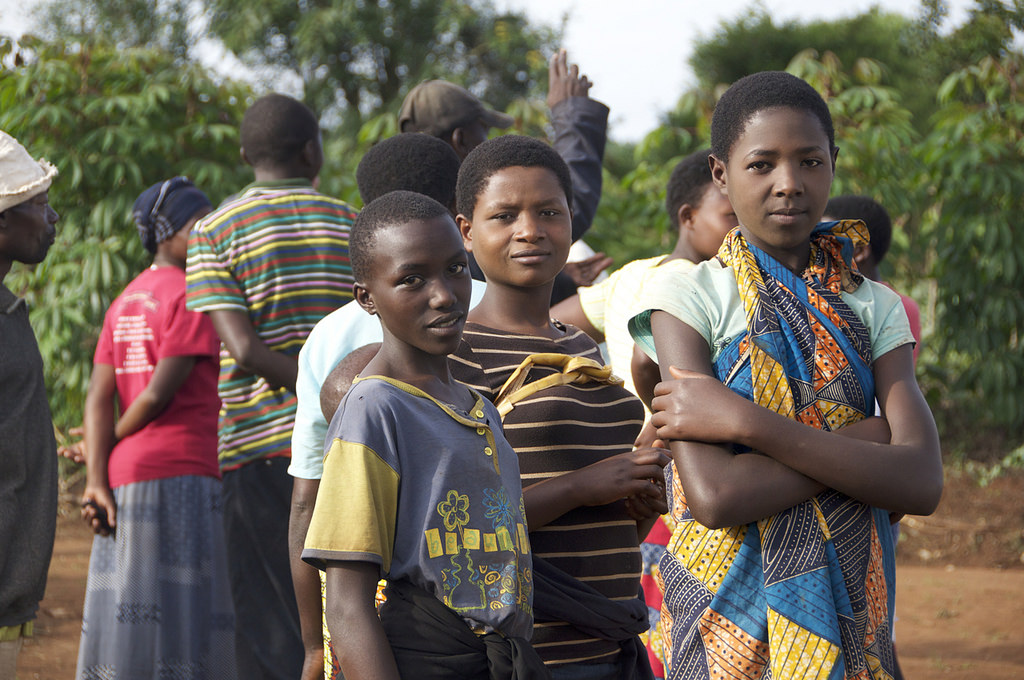How do women and men cope with time burden, and what implications do such gendered coping strategies this have for nutrition? This month's post on the Gender-Nutrition Idea Exchange blog shares results from a systematic review of the evidence: It is time: Why time matters in agriculture-nutrition pathways from the CGIAR Research Program on Agriculture for Nutrition and Health (A4NH)
Nutrition education's unexpected synergies with women's empowerment: Rebranding bran: teaching nutrient-rich cooking in Mali (the Guardian) describes a project in Mali to teach mothers about nutrition and encourage them to cook with wholegrain cereal that is improving child health and freeing up women’s time.
A farmer participatory program is harnessing the creativity of grassroots innovators to generate labor-saving technology that empowers women smallholder farmers. From the CGIAR Research Program on Climate Change, Agriculture, and Food Security (CCAFS) blog.
We need better methods of measuring poverty if we want progress: A new way of assessing poverty differentiates between individuals instead of lumping households together. Participatory research methods were used to create the "individual deprivation measure." From the Guardian.
Untangling Gender Mainstreaming: A Theory of Change Based on Experience and Reflection, from the Gender and Development Network, focuses on gender mainstreaming processes within development organizations such as changes to policies, plans and spending; recruitment practices; and staff knowledge and skills.
Have another recent gender read to share? Please do so in the comments section, or send suggestions to s.theis@cgiar.org.


Leave a Reply